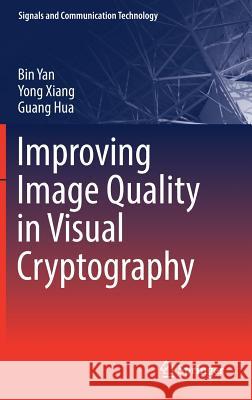Improving Image Quality in Visual Cryptography » książka
topmenu
Improving Image Quality in Visual Cryptography
ISBN-13: 9789811382888 / Angielski / Twarda / 2019 / 120 str.
Improving Image Quality in Visual Cryptography
ISBN-13: 9789811382888 / Angielski / Twarda / 2019 / 120 str.
cena 410,09
(netto: 390,56 VAT: 5%)
Najniższa cena z 30 dni: 385,52
(netto: 390,56 VAT: 5%)
Najniższa cena z 30 dni: 385,52
Termin realizacji zamówienia:
ok. 16-18 dni roboczych.
ok. 16-18 dni roboczych.
Darmowa dostawa!
Kategorie:
Kategorie BISAC:
Wydawca:
Springer
Seria wydawnicza:
Język:
Angielski
ISBN-13:
9789811382888
Rok wydania:
2019
Wydanie:
2020
Numer serii:
000363892
Ilość stron:
120
Waga:
0.37 kg
Wymiary:
23.39 x 15.6 x 0.97
Oprawa:
Twarda
Wolumenów:
01
Dodatkowe informacje:
Wydanie ilustrowane











